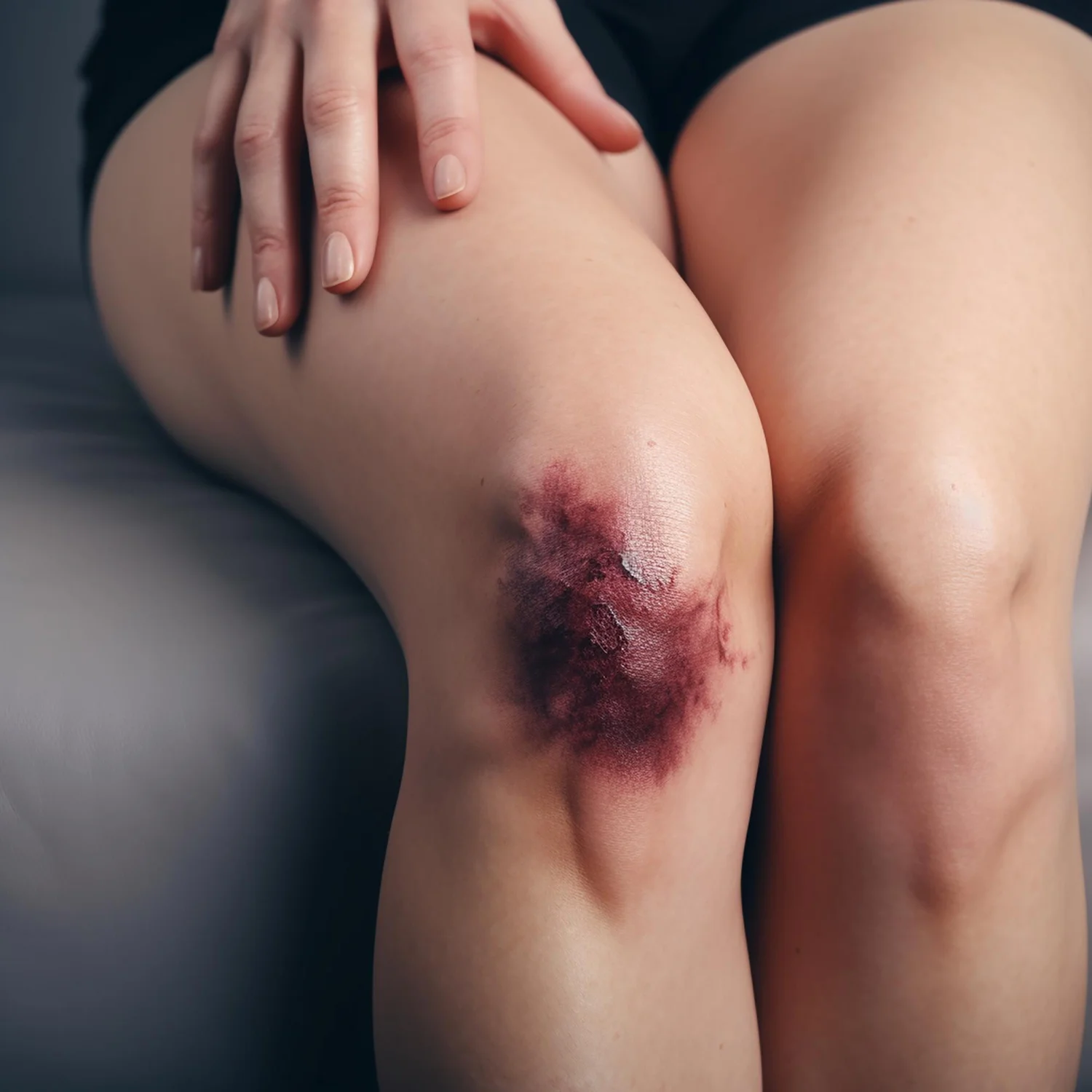Introduction
As the global healthcare community continues to wrestle with the threat of antimicrobial resistance, a recent study published in the “International Journal of Antimicrobial Agents” has shed light on a new, potentially groundbreaking treatment for wound infections caused by the formidable carbapenem-resistant Klebsiella pneumoniae (CRKP). The novel therapy, a bacteriophage cocktail, demonstrated both safety and efficacy in a murine model, opening the door for alternative approaches in combating resistant pathogens.
Background
Carbapenem-resistant Klebsiella pneumoniae is a leading cause of severe, often intractable infections, primarily acquired in healthcare settings. The microbe’s ability to evade most conventional antibiotics has rendered it a significant challenge for clinicians. Bacteriophages, viruses that prey specifically on bacteria, have resurfaced as a viable solution to fill the void left by antibiotic resistance.
The Research
The study, with DOI 10.1016/j.ijantimicag.2024.107088, was conducted by a team of researchers from the West China Hospital, Sichuan University’s Center of Infectious Diseases, and the Division of Infectious Diseases at the State Key Laboratory of Biotherapy. The team was led by Feng Yan, Fang Qingqing, Luo Huan, Li Juan, Yin Xin, and Zong Zhiyong.
The CRKP strain targeted in this study was of sequence type 11 and capsular type KL64, prominent in China and known for carrying the carbapenemase genes KPC-2 and NDM-1. The researchers formulated a phage cocktail by selecting three different lytic phages capable of infecting and killing the specific CRKP strain.
Methodology
The effectiveness of this phage cocktail was demonstrated through an in vitro test showing inhibited bacterial growth for up to 10 hours. Subsequently, an in vivo analysis was carried out using murine wound infection models. Sixty-four mice were divided into four groups of sixteen: a phage treatment group (infected with CRKP, then treated with the phage cocktail), a negative control (treated with PBS), an infection control (infected with CRKP), and a phage control (treated with the phage cocktail only).
The evaluation focused on the bacterial loads in the wound tissues and their healing progression on days 1, 3, and 7 post-infection. Additionally, histopathological analysis was conducted on days 3 and 7. For a more extended observation, two mice from each group were monitored until the 14th day post-infection for wound healing outcomes.
Results
The phage treatment group exhibited a significant decrease in bacterial load compared to the infection control group, with a reduction factor of 4.95 × 10^2. Furthermore, there were no reports of adverse events, indicating the safety of the therapy. The histopathological examination revealed a marked improvement in tissue healing for the phage-treated group. The two mice monitored over 14 days showed accelerated wound recovery without any observable side effects.
Implications
This study’s results are promising for the potential application of phage therapy in clinical settings, particularly for infections that are resistant to existing antibiotics. While further research is necessary to confirm these findings in human subjects, the study indicates that this approach could be a cornerstone in the fight against antimicrobial resistance.
Keywords
1. Phage Therapy for Wound Infection
2. Treatment for Carbapenem-Resistant Bacteria
3. Bacteriophage Cocktail Research
4. CRKP Infection Alternatives
5. Antibiotic Resistance Solutions
References
1. Feng Yan et al. (2024). Safety and efficacy of a phage cocktail on murine wound infections caused by carbapenem-resistant Klebsiella pneumoniae. International Journal of Antimicrobial Agents, 107088. https://doi.org/10.1016/j.ijantimicag.2024.107088.
2. Abedon, S. T., Garcia, P., Mullany, P., & Aminov, R. (2017). Bacteriophages in medicine and applied microbiology. Journal of Applied Microbiology, 123(3), 617-627. https://doi.org/10.1111/jam.13482.
3. Chan, B. K., Turner, P. E., Kim, S., Mojibian, H. R., Elefteriades, J. A., & Narayan, D. (2013). Phage treatment of an aortic graft infected with Pseudomonas aeruginosa. Evol Med Public Health, 2013(1), 60-66. https://doi.org/10.1093/emph/eot004.
4. Loc-Carrillo, C., & Abedon, S. T. (2011). Pros and cons of phage therapy. Bacteriophage, 1(2), 111-114. https://doi.org/10.4161/bact.1.2.14590.
5. Lin, D. M., Koskella, B., & Lin, H. C. (2017). Phage therapy: An alternative to antibiotics in the age of multi-drug resistance. World Journal of Gastrointestinal Pharmacology and Therapeutics, 8(3), 162-173. https://doi.org/10.4292/wjgpt.v8.i3.162.
Competing Interests: According to the article, there is no conflict of interest for both authors.
With this significant leap, the medical community witnesses the potential dawn of a new era in infectious disease management that could ultimately reshape the current antimicrobial resistance landscape.
